
6 minute read
WHY THE METAVERSE IS THE NEXT FRONTIER IN LUXURY TRAVEL
LEVENVERSE from Leven hotels
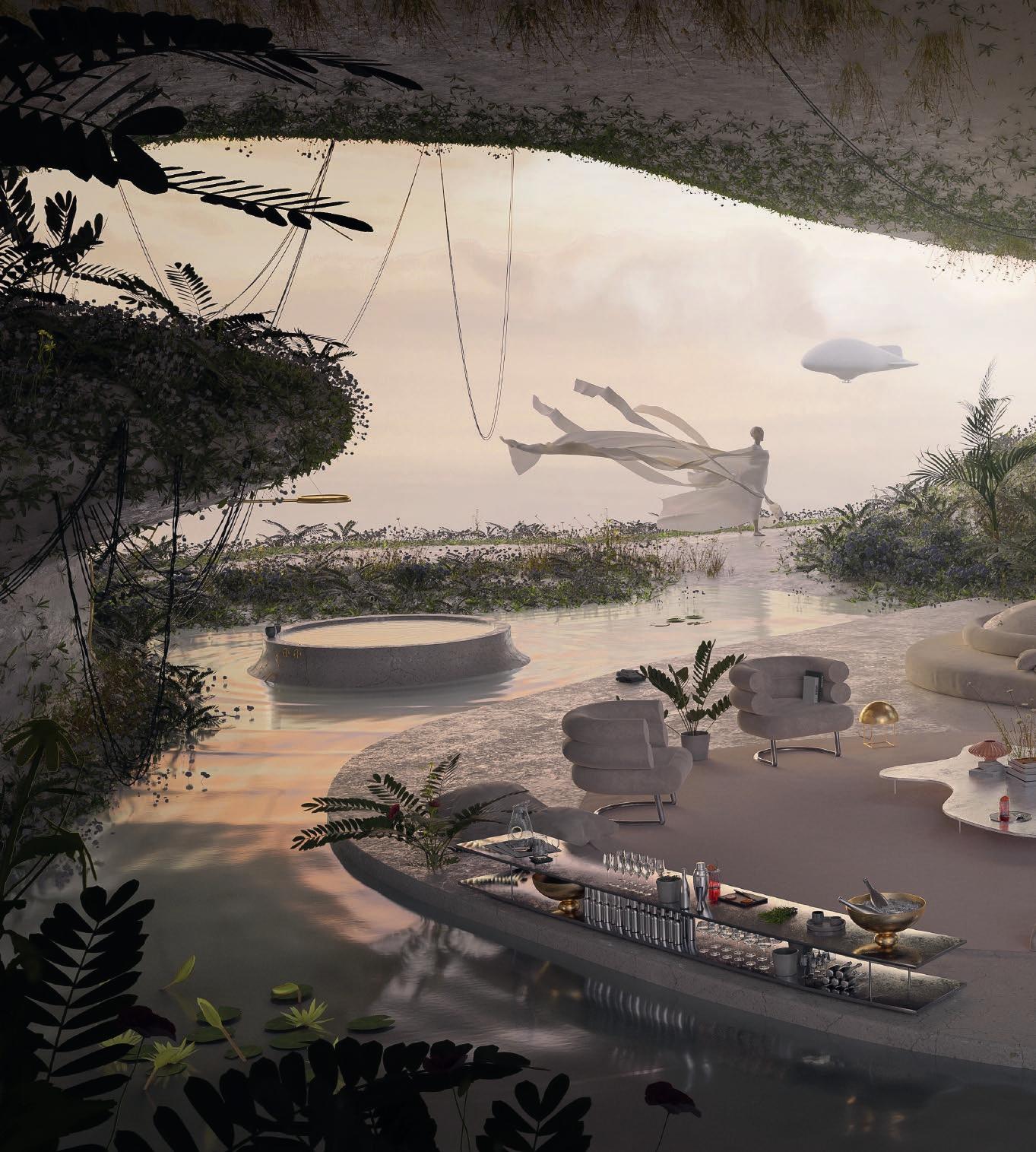
WHY THE METAVERSE
IS THE NEXT FRONTIER IN LUXURY TRAVEL
Isobel Diamond
No luxury adventure, or experience, will be out of reach to those who step into the metaverse. This new technology is set to transform the world as we now know it.
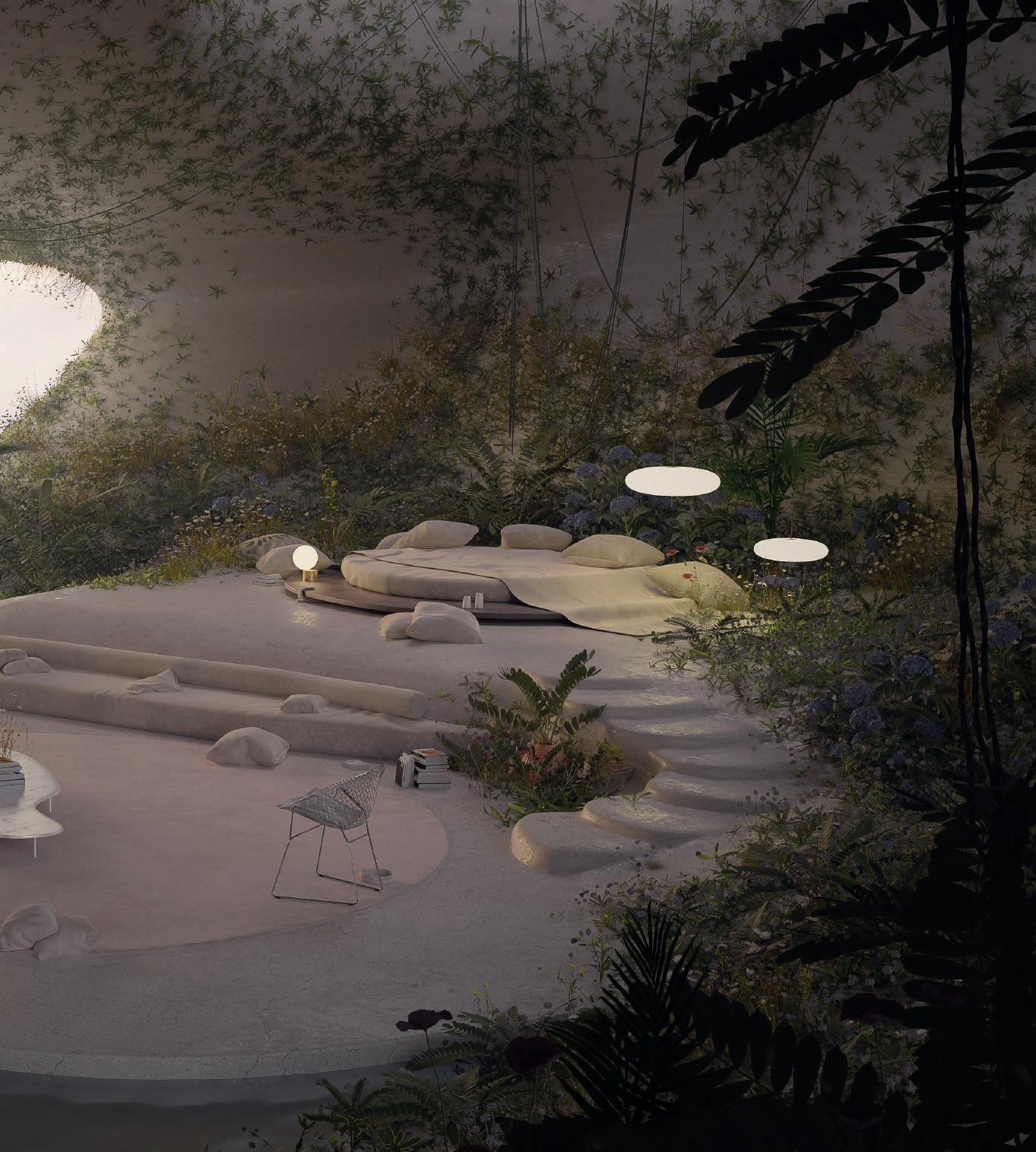
citizenM announces new venture into the Metaverse
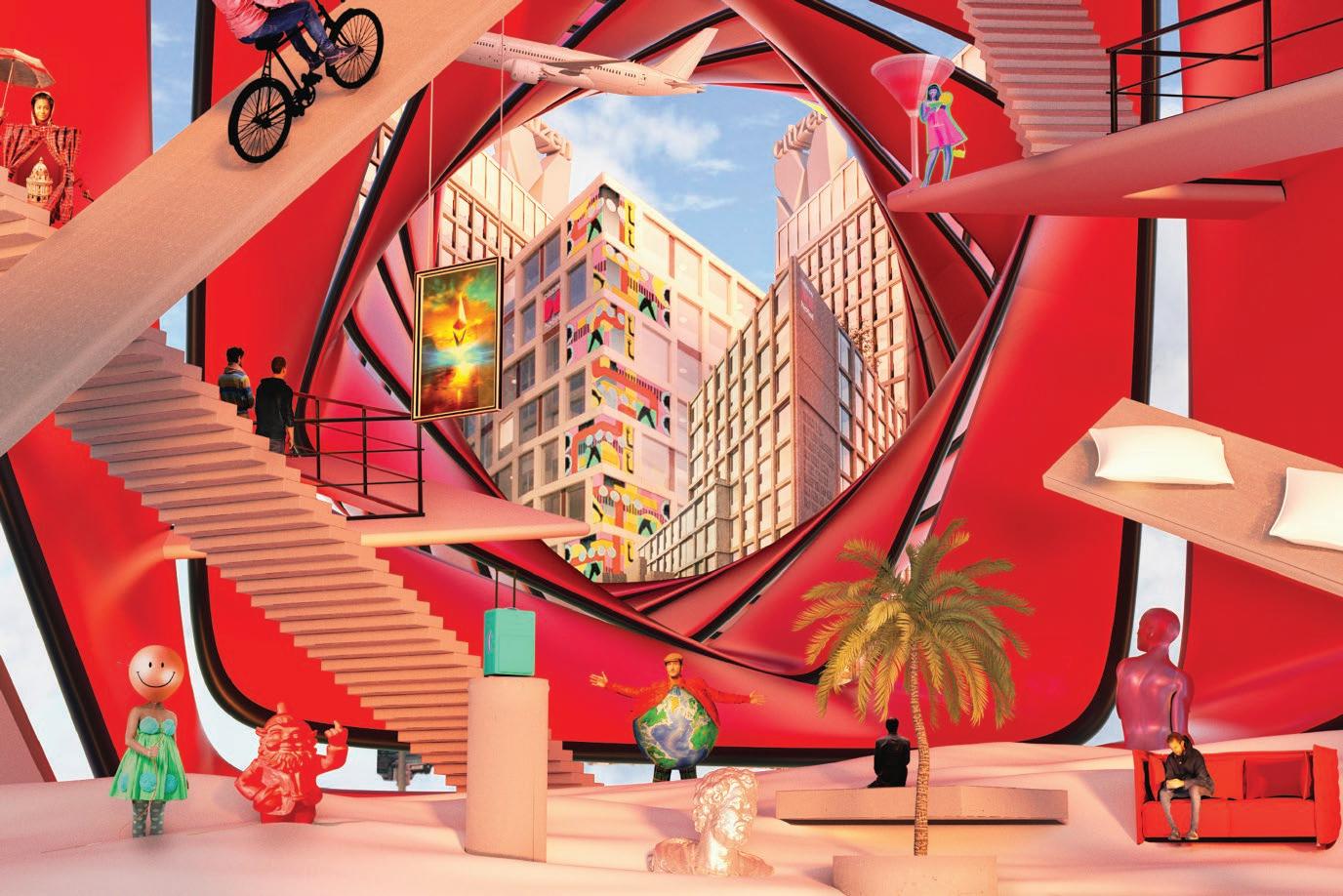
Imagine scaling Everest, or gliding across the Amazon by helicopter; how about a safari in Rajasthan, or checking into a penthouse suite at one of the finest hotels in the world, all from the comfort of your living room. It will all be possible, when the metaverse becomes mainstream. This emerging technology is predicted to transform how we experience and travel the world. And no adventure, or destination, will be out of reach to those who want to explore virtually, however luxurious or bucket list. Forget the passport, arduous journeys, or switching time zones, users must only don a headset to be transported to a new reality.
THE METAVERSE EXPLAINED
In layman’s terms, the metaverse is part of Web3, a 3D version of the internet. It is the next step in society’s digital evolution, from passively scrolling through a feed on social media, as we do now, to living a virtual life via an avatar (the 3D digital character that metaverse users inhabit). Bloomberg Intelligence analysts predict that the metaverse market could reach $800 billion by 2024, and travel companies, from hotels to airlines, are jumping onboard in their droves.
MUST-SEE SITES CAN BE VISITED VIRTUALLY
Travel trailblazer, National Geographic, began capturing stories of the world via its phenomenal photojournalism in 1905. Since then, the publication has become the go-to source of inspiration and knowledge, not just for geography geeks and adventurers, but for travel-lovers everywhere.
Now, Nat Geo is taking pioneering steps into virtual and mixed realities, by transforming the greatest sites in the world into 3D. Its latest innovation, the Stonehenge AR experience, brings the prehistoric stone circles of Stonehenge in Salisbury, England to life. Users are taken deep into the mysteries of the iconic site. And for those that want to step into the shoes of a professional Nat Geo explorer on assignment, the National Geographic Explore VR experience, allows you to discover icebergs in Antarctica and a dventure to Machu Picchu, Peru.
EXPLORE HOTELS IN VIRTUAL WORLDS
Forward-thinking hotels are finding a home in the metaverse, by creating virtual hospitality spaces for meta-travellers to check-in. People can now send their avatars to explore the amenities of a


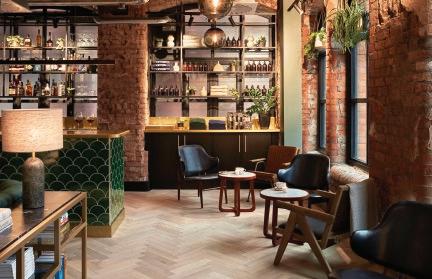
hotel, or airline, via 3D tours. Qatar Airways pioneered metaverse technology, when it launched the QVerse recently. This virtual reality tour of a luxurious flight cabin is hosted by the airline’s own “MetaHuman” cabin crew, who guide passengers through the experience.
And now travellers can immerse themselves in a hotel’s signature style virtually, as designers create beautiful aesthetics for digital spaces. Oetker Collection is the hospitality group behind some of the best hotels in the world, from The Lanesborough, London, to Le Bristol Paris. In a successful bid to enter the meta-space, Oetker teamed up with the fashion gaming platform Drest. In this metaverse experience, players take on the role of a stylist, putting together looks from more than 250 designer fashion brands like Prada, Cartier and Valentino to style their own photoshoot. They then choose an Oetker Collection hotel as the shoots’ backdrop to help their photo stand out and win votes with the online community.


The Leven Hotel
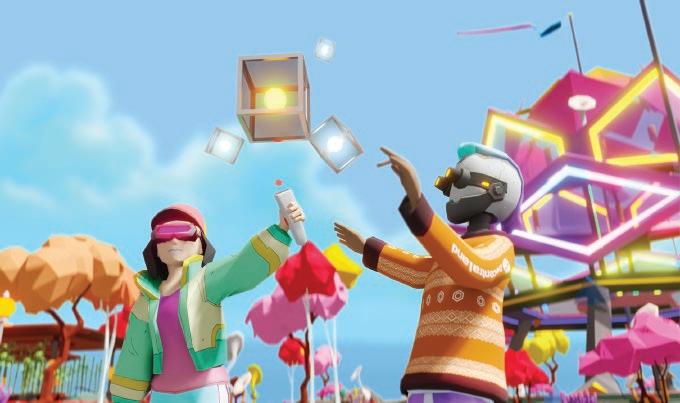
Characters Decentraland

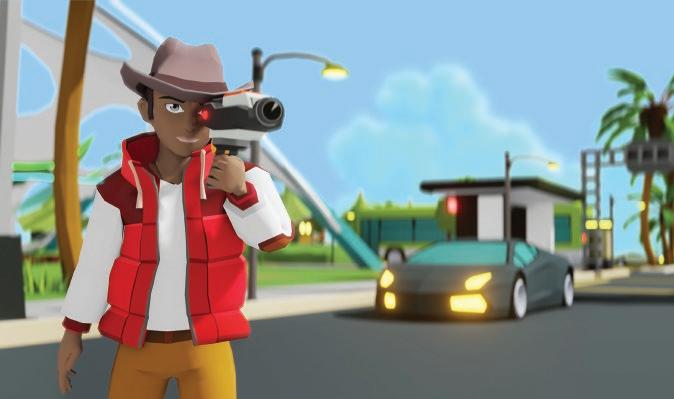
UK Hospitality brand, Leven, is building a visually fantastical virtual hotel in the metaverse, for people, right across the globe, to network. Leven has chosen to build on a plot of virtual land in Decentraland’s Fashion District, where brands such as Gucci are setting up shop. Also newly-opened, M Social Decentraland from Millennium Hotels is a virtual interpretation modelled on their various real-life abodes around the world. An avatar welcomes you in the lobby and guides guests on a journey, with chances to win real-life hotel surprises, blending the physical and virtual hospitality experience.
“M Social is about being different, being one of a kind. As we look towards the future, we need to look past the traditional model of hospitality and engage our guests through new immersive experiences,” said Mr. Kwek Leng Beng, Executive Chairman of Millennium & Copthorne Hotels Limited. “We hope to redefine hospitality through M Social Decentraland by creating online adventures that integrate with real life events.”

HOTEL BRANDS ARE FINDING A HOME IN DECENTRALAND
So what exactly is Decentraland, and why are hotels joining in? In short, it’s a 3D virtual world, where plots of land can be bought as NFTs via the MANA cryptocurrency. As it becomes increasingly popular with luxury fashion brands, it’s an ideal fit for luxury travel companies, too. Of course, to understand it, then NFTs and crypto need a little more explanation.
They say that nothing in life is free and that’s definitely true in the metaverse. The most exclusive experiences will be available to those with the right cryptocurrencies and NFTs. Non-Fungible Tokens (NFTs) enable products to be bought and traded virtually and have been big in the art world for some years. And now they’re being adopted by the travel industry.
Cryptocurrencies have also been big news for some time, and travel brands are beginning to recognise crypto as a viable form of payment. Online company, Travala, exemplifies this shift, by allowing customers to pay for flights and accommodation with crypto. Travala also sells its own NFTs, The Travel Tigers, which encourage users to push luxurious adventures to their limits. By owning these NFTs, people can access physical travel benefits too, from concierge services to exclusive event invitations.
VIRTUAL VERSUS PHYSICAL TRAVEL EXPERIENCES
However brilliant all of these immersive experiences sound, the idea that virtual travel can ever replace the physical experience, is still up for debate. Of course, we would all rather palpably explore a bucket list destination, or see a famous landmark up close. But for those that really want to push the envelope, and journey into the unknown, the metaverse might be the best adventure yet. This new technology is society’s next great exploration, and no one knows yet, where it might lead.












